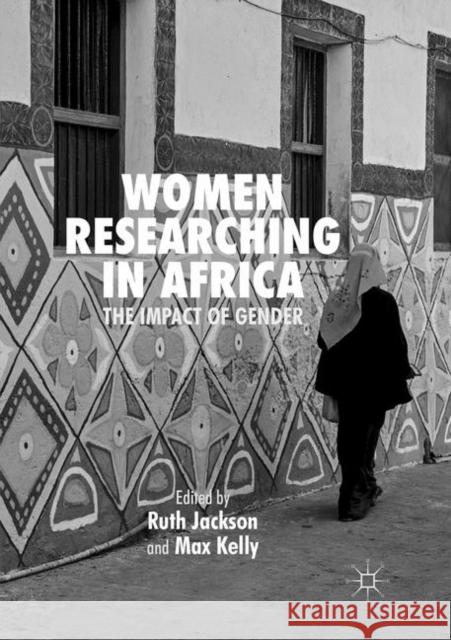Women Researching in Africa: The Impact of Gender » książka
topmenu
Women Researching in Africa: The Impact of Gender
ISBN-13: 9783030068639 / Angielski / Miękka / 2019 / 317 str.
Kategorie:
Kategorie BISAC:
Wydawca:
Palgrave MacMillan
Język:
Angielski
ISBN-13:
9783030068639
Rok wydania:
2019
Wydanie:
Softcover Repri
Ilość stron:
317
Waga:
0.41 kg
Wymiary:
21.01 x 14.81 x 1.8
Oprawa:
Miękka
Wolumenów:
01
Dodatkowe informacje:
Wydanie ilustrowane











